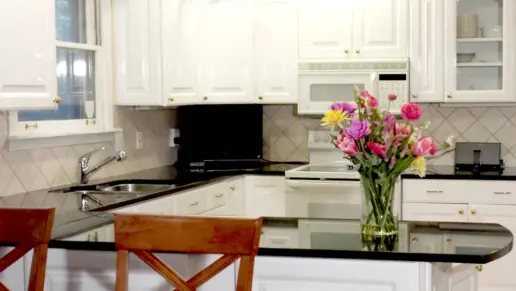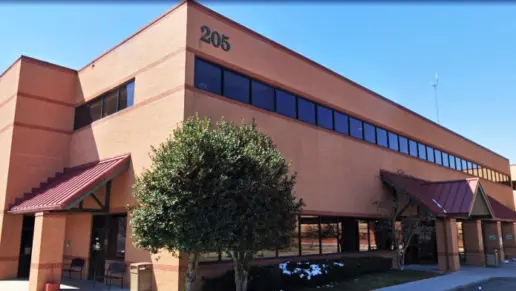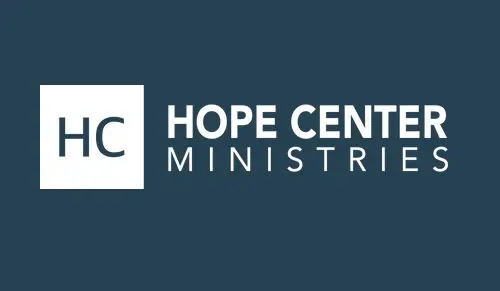About CADAS (Council for Alcohol and Drug Abuse Services)
In Chattanooga, Tennessee, the Council for Alcohol and Drug Abuse Services or CADAS offers both inpatient and outpatient addiction treatment programs. Regardless of your financial situation they provide prevention education and treatment for chemical dependency. They offer services to individuals, their families and the community at large.
They offer medically monitored detox to minimize or eliminate withdrawal symptoms. To help you safely wean off of alcohol and drugs, medical care and round the clock supervision are offered. Less than 10 days is the typical length of stay for medical detoxification.
Their 28 day adult residential program addresses the physical, emotional and spiritual as well as familial and social aspects of your life that are impacted by your use of drugs and alcohol. The purpose of the adult residential program is to help you identify and process chemically dependent behaviors and to teach you the skills you need to have a successful recovery in the community. Activities are conducted in a structured environment. Every client completes a thorough assessment conducted by knowledgeable and experienced personnel.
Understanding your addiction or dependence and taking the initiative to start your recovery are the main goals of their intensive outpatient programs. They address family dynamics and establish a network of community support. Families gain from this program as well. Clinicians collaborate with family members to help them learn new communication techniques and gain understanding of their family dynamics overall.
Important clinical topics covered by their Matrix program include early recovery, relapse prevention and individual and concurrent therapy. Those who have used stimulants in the past or who have tried several different forms of treatment are eligible for this program. This extensive and multi format treatment program is evidence based and has been shown to be effective.
A specialized outpatient program called medication assisted treatment (MAT) is offered to individuals whose lives have been affected by opiate abuse. In addition to managing medication counselors, nurses and doctors consult with you in therapy groups. This program lasts approximately 12 months and offers medically supervised detox using Vivitrol, naltrexone and buprenorphine.
Facility Overview
Rehab Score
Gallery
Other Forms of Payment
Self-pay involves paying for treatment out of your own pocket. You can use savings or credit, get a personal loan, or receive help from family and friends to fund your treatment. If you don't have insurance or your insurance plan doesn't cover a specific program, self-pay can help ensure you still get the care you need.
Sliding scale payments are based on a client's income and family size. The goal is to make treatment affordable to everyone. By taking these factors into account, addiction recovery care providers help ensure that your treatment does not become a financial burden to you or your family, eliminating one barrier to care.
Addiction Treatments
Levels of Care
Treatments
The goal of treatment for alcoholism is abstinence. Those with poor social support, poor motivation, or psychiatric disorders tend to relapse within a few years of treatment. For these people, success is measured by longer periods of abstinence, reduced use of alcohol, better health, and improved social functioning. Recovery and Maintenance are usually based on 12 step programs and AA meetings.
When your day-to-day life is taken over by drug use, this is known as substance use disorder. If you abruptly stop using your drug of choice, you experience withdrawal symptoms. To overcome this cycle, professional drug rehab in Tennessee is usually needed.
Opioid rehabs specialize in supporting those recovering from opioid addiction. They treat those suffering from addiction to illegal opioids like heroin, as well as prescription drugs like oxycodone. These centers typically combine both physical as well as mental and emotional support to help stop addiction. Physical support often includes medical detox and subsequent medical support (including medication), and mental support includes in-depth therapy to address the underlying causes of addiction.
Substance rehabs focus on helping individuals recover from substance abuse, including alcohol and drug addiction (both illegal and prescription drugs). They often include the opportunity to engage in both individual as well as group therapy.
Programs


Clinical Services
Whether a marriage or other committed relationship, an intimate partnership is one of the most important aspects of a person's life. Drug and alcohol addiction affects both members of a couple in deep and meaningful ways, as does rehab and recovery. Couples therapy and other couples-focused treatment programs are significant parts of exploring triggers of addiction, as well as learning how to build healthy patterns to support ongoing sobriety.
Research clearly demonstrates that recovery is far more successful and sustainable when loved ones like family members participate in rehab and substance abuse treatment. Genetic factors may be at play when it comes to drug and alcohol addiction, as well as mental health issues. Family dynamics often play a critical role in addiction triggers, and if properly educated, family members can be a strong source of support when it comes to rehabilitation.
Group therapy is any therapeutic work that happens in a group (not one-on-one). There are a number of different group therapy modalities, including support groups, experiential therapy, psycho-education, and more. Group therapy involves treatment as well as processing interaction between group members.
In individual therapy, a patient meets one-on-one with a trained psychologist or counselor. Therapy is a pivotal part of effective substance abuse treatment, as it often covers root causes of addiction, including challenges faced by the patient in their social, family, and work/school life.
Life skills trainings involve all the skills a person must have in order to function successfully in the world. These include time management, career guidance, money management, and effective communication. Truly successful addiction recovery is based on the ability to not only live substance-free, but to thrive. Life skills teaches the practical necessities of functioning in society, which sets clients up for success in life, and therefore sobriety.
Staff & Accreditations
Staff

Executive Director

Director of Business and Finance
Accreditations

The Commission on Accreditation of Rehabilitation Facilities (CARF) is a non-profit organization that specifically accredits rehab organizations. Founded in 1966, CARF's, mission is to help service providers like rehab facilities maintain high standards of care.
CARF Accreditation: Yes

State Licenses are permits issued by government agencies that allow rehab organizations to conduct business legally within a certain geographical area. Typically, the kind of program a rehab facility offers, along with its physical location, determines which licenses are required to operate legally.
State License: Tennessee

The Joint Commission, formerly known as JCAHO, is a nonprofit organization that accredits rehab organizations and programs. Founded in 1951, the Joint Commision's mission is to improve the quality of patient care and demonstrating the quality of patient care.
Joint Commission Accreditation: Yes
Accreditation Number: 682
Contact Information
314 Spears Ave
Chattanooga, TN 37405


